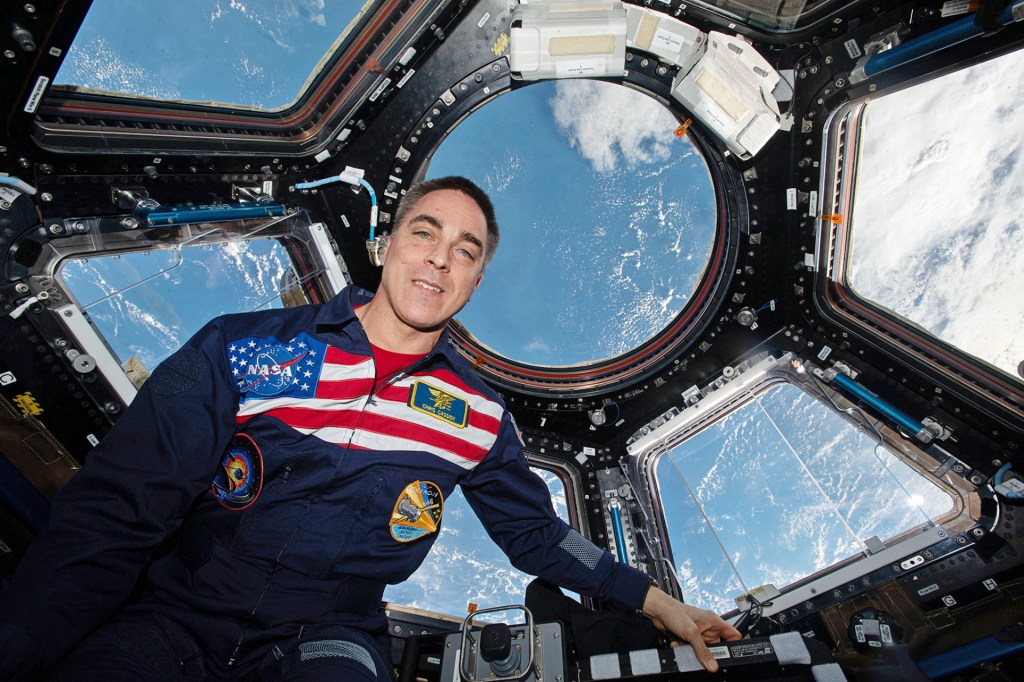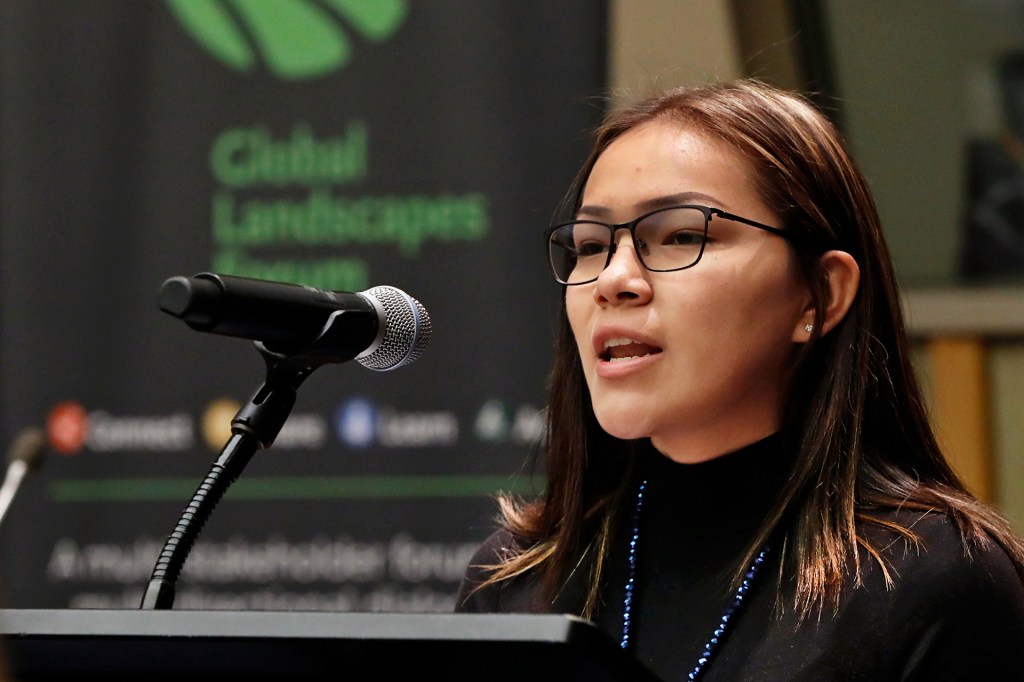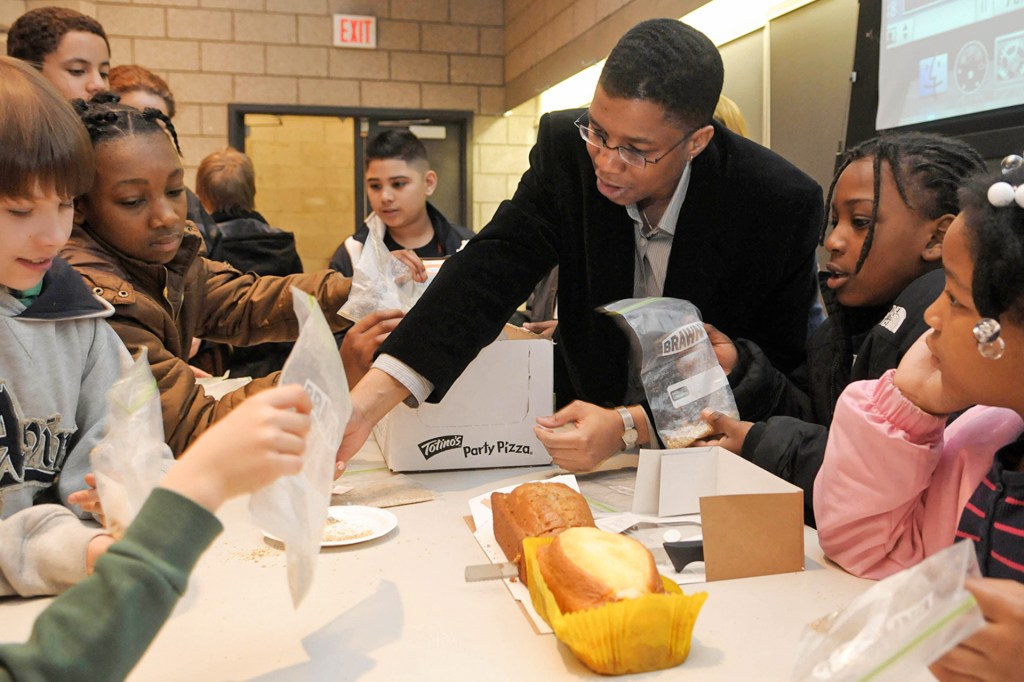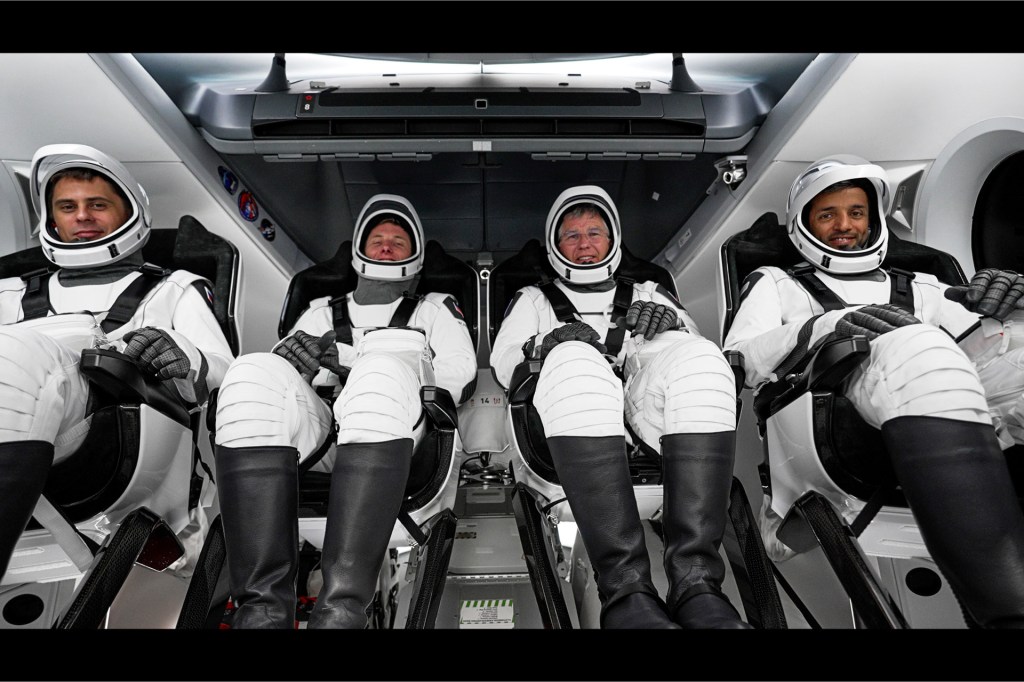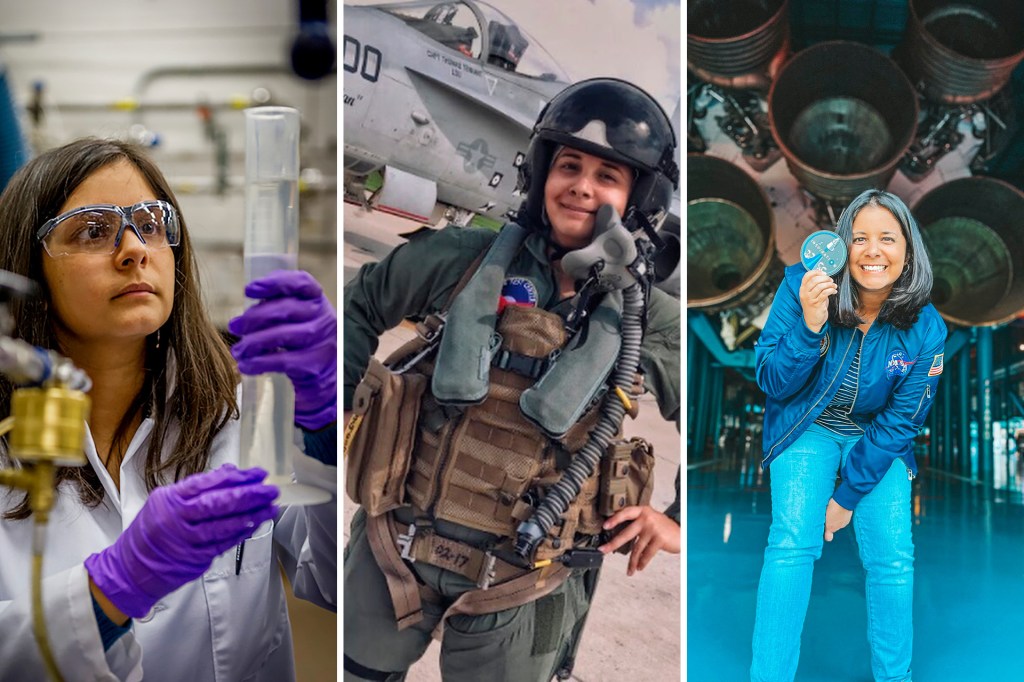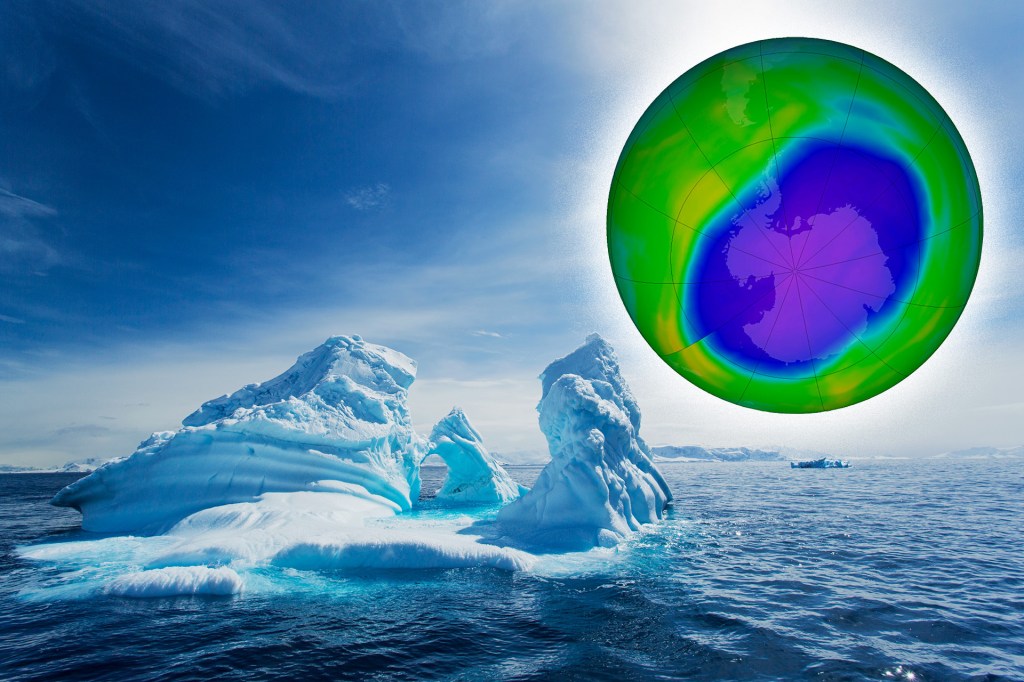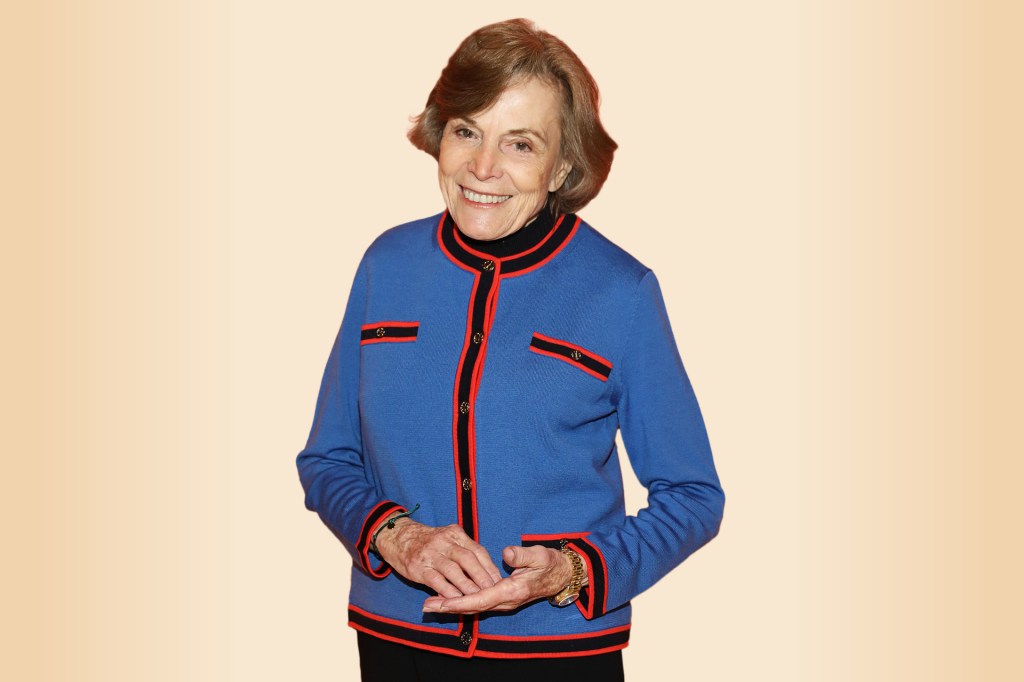
Sylvia Earle is a marine biologist. She’s also one of the ocean’s biggest defenders. TIME’s Aryn Baker spoke to her about how to protect the ocean and Earle’s dream of access to submersibles for all.
1. You’ve written several books about the ocean. Why this one, National Geographic Ocean: A Global Odyssey, and why now?
The book is my attempt to sum up what we know about the ocean and to make it accessible in digestible bites. If you’ve got 10 minutes, you can sit down and learn something, with beautiful images.
2. Why is the ocean so important?
The ocean is where the action is. If I were an evil alien wishing to alter life on Earth, I would change the temperature of the ocean. I would change its chemistry. That is what we are doing. Excess carbon dioxide in the atmosphere becomes excess carbon dioxide in the ocean. The ocean is becoming more acidic. That changes everything.
3. What is the single most important thing we can do for the oceans today?
We’ve got to get over this idea that wildlife from the ocean is essential to our food security. The more fish we take out of the sea, the more carbon dioxide gets released into the atmosphere.
4. What is the biggest threat to the ocean right now?
Deep-sea mining. It takes minerals from the sea to make batteries for electric vehicles. But these deep-sea systems are full of life. Earth functions like a big computer system, with all these little wires and lights we don’t understand. But we know it keeps us alive. Why would we want to go in and take those little lights out?
5. We’ve seen our hottest decade since recording began, rising carbon emissions carbon emission the release of carbon dioxide gas through human activities (noun) I bike as often as I can to reduce carbon emissions. , and major losses of coral reefs. What gives you hope?
Yes, half the coral reefs are gone or in a state of sharp decline. The good news? We’ve still got about half of them left. We can reverse, to a very large extent, the harm we have imposed. Knowledge is the superpower of the 21st century. Even the smartest people alive when I was born did not know what 10-year-olds today have available to them. That’s truly cause for hope.
6. Ocean advocates have set a goal to protect 30% of the ocean by 2030. Can we achieve that?
COVID-19 showed us that we can change quickly when our lives are threatened. Climate is no different. Our existence is on the line. Thirty percent by 2030 is a good start. But I say half, as soon as we can.
7. What do you say to those experiencing climate anxiety?
It’s only hopeless when you give up. Change happens because of individuals who team up to inspire others.
8. What’s next for you?
I’ve committed to democratizing access to the sea with little submersibles submersible a small vehicle used underwater for deep-sea research (noun) a small vehicle used underwater for deep-sea research that will enable teachers, kids, librarians— anybody—to experience what only a few of us have been able to. I want them to dive down safely, come back, and spread the word about how glorious life is down below.
This interview has been edited for length and clarity.




